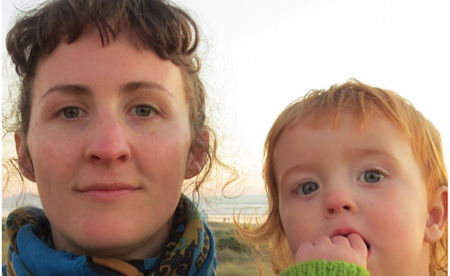Things may not be as rosy as they say in God’s own country.
A Canterbury Community Law (CCL) investigation, which looked at access to justice for beneficiaries, says beneficiaries felt they were treated as “non-humans” by Work and Income – not even allowed access to toilets during lengthy waits at offices.
“Beneficiaries are uniformly scared stiff of the department (Work and Income). The department’s got the axe above their head . . . they’ve got huge power over these people, power of the most basic rights, food, clothing and shelter,” said a lawyer in the report.
The lead researcher, CCL lawyer Kim Morton, said past negative experiences stopped beneficiaries challenging the Ministry of Social Development if their benefit entitlements were turned down.
The report found:
- Beneficiaries experience an inherent imbalance of power when dealing with the government department that makes decisions about their entitlements at both the institutional and individual case manager levels.
- Beneficiaries felt they were disadvantaged by a case management system that required them to see a different case manager on each visit (although Work and Income do provide dedicated case managers for some groups of beneficiaries).
- While participants reported a variety of positive and negative experiences, beneficiaries’ negative experiences as clients of Work and Income and stigma attached to being on a benefit overwhelmingly permeated their interaction with the benefit system at all levels.
And a report issued by the UN Committee Against Torture has called on the New Zealand Government to do more to protect the human rights of all New Zealander.
As well as torture, the committee also monitors cruel, inhuman or degrading treatment or punishment.
Among other things, the Committee welcomes the government’s ratification of the Optional Protocol to the Convention of the Rights of the Child on the Sale of Children, Child Prostitution and Child Pornography, and legislative and administrative changes in areas of relevance to the Convention Against Torture.
The bulk of the Concluding Observations cover principal subjects of concern and the Committee’s recommendations in thirteen areas:
- Incorporation of the Convention in national legislation,
- Resourcing for the National Preventive Mechanism
- Independence of the Independent Police Conduct Authority
- Measures to prevent and combat
- violence against women
- trafficking in persons
- Custody and treatment of persons deprived of liberty (including recommendations on privately-run places of detention),
- Indigenous people in the criminal justice system
- Excessive use of seclusion in mental health facilities
- Protection of juveniles in the criminal justice system
- Use of electrical discharge weapons (tasers)
- Standards of protection of asylum-seekers and undocumented migrants, non-refoulement and mandatory immigration detention
- Redress, including compensation and rehabilitation, for victims of torture
- Withdrawal of reservation to Article 14 of the Convention (whereby the right to compensation for victims of torture victims is left to the discretion of the Attorney General).
Source
- Stuff.co.nz
- Radio New Zealand
- Peace Movement Aotearoa
- Image: communitylaw.org.nz
